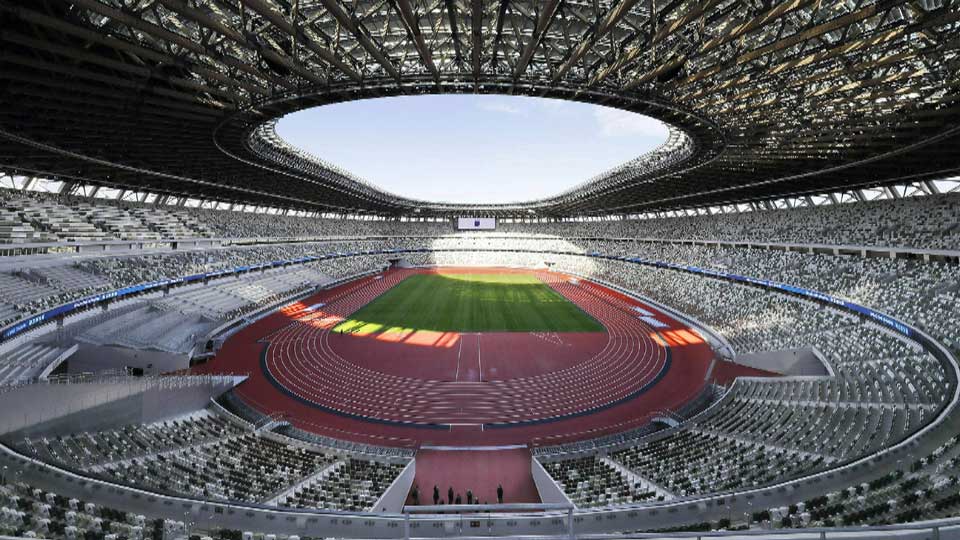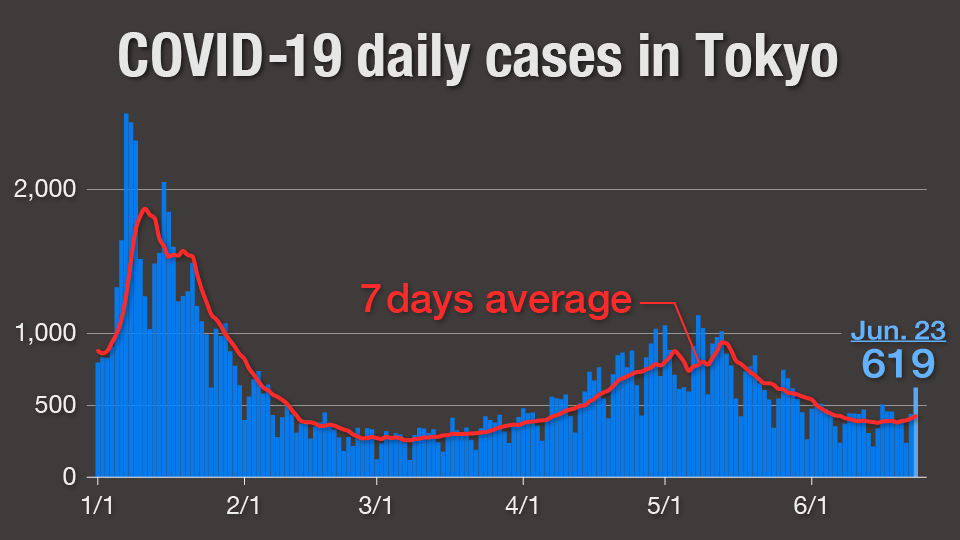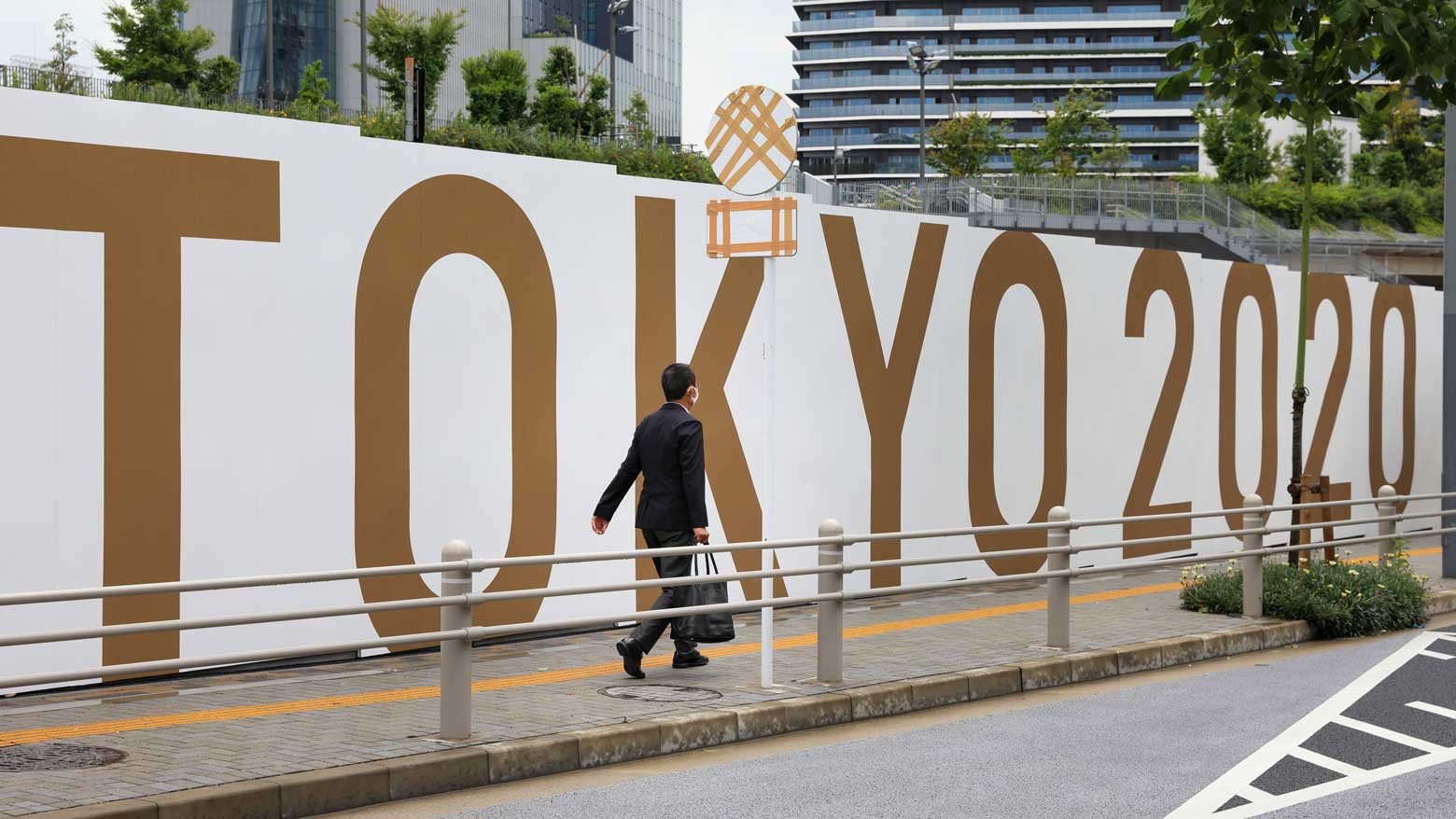Hashimoto Seiko, president of the Tokyo organizing committee, announced the decision on Monday after meeting with the Japanese government, the Tokyo Metropolitan government, and the International Olympic and Paralympic committees.
But the measure does not appear to be set in stone. Prime Minister Suga Yoshihide told reporters on Monday that he would ban spectators entirely in the event of another state of emergency during the Olympics.
"If another declaration is needed, we would have to consider holding the Games without fans," Suga said. "People's safety and security is the top priority."
But spectator capacity isn't the only remaining challenge. The organizers are still short of their target for medical workers, despite slashing it by 30 percent. They say they currently have 90 percent of the doctors and 80 percent of the nurses they need to staff event venues and other sites.

Experts caution against allowing spectators
Omi Shigeru, the head of the government's coronavirus advisory panel, and 25 other experts submitted an opinion to the government and Olympic organizers last Friday, cautioning against accepting even domestic spectators.
The experts say that even if the vaccine rollout progresses smoothly across the country, there could still be a surge in new cases in July and August. They also note that variants could accelerate the spread of infection.
The experts say the Olympics should not be treated as an ordinary sporting event, not just because of the sheer number of people involved, but also because of when it is held. The Games open during the summer vacation, which is typically a time of increased foot traffic and person-to-person contact.
The experts are urging the government to implement even more rigid restrictions than the ones planned. They recommend restricting events to local, not just domestic, spectators so as to curb the flow of people across prefectural borders.
"I think it would have been difficult for organizers to impose tough restrictions, with the infection situation subsiding," says Professor Wada Koji of the International University of Health and Welfare. Still, he says event officials should clarify how they plan to adjust their policies should the infection situation in the country change over the next month.
"Any delay in action could lead to an increase in cases and deaths," he says.

The government lifted the coronavirus state of emergency on Sunday for Tokyo and eight other prefectures. The measure will remain in effect in Okinawa through July 11. Tokyo, Osaka and five other prefectures transitioned to a period of focused restrictions on Monday.
The Tokyo Metropolitan Government says it confirmed 619 cases of infection on Wednesday. The number is up 118 from a week ago. The week-on-week figure has increased for four consecutive days.
Michael Ryan, who heads the WHO's Health Emergencies Programme, said on Monday that the WHO would hold discussions with the Tokyo organizing committee, the Japanese government, and the IOC this week to consider a variety of infection prevention measures, including screening and surveillance methods.
The Games will open on July 23, after a one-year postponement due to the pandemic. The complete field of 11,000 athletes is expected to be named within this month.
 English
English Japan
Japan

